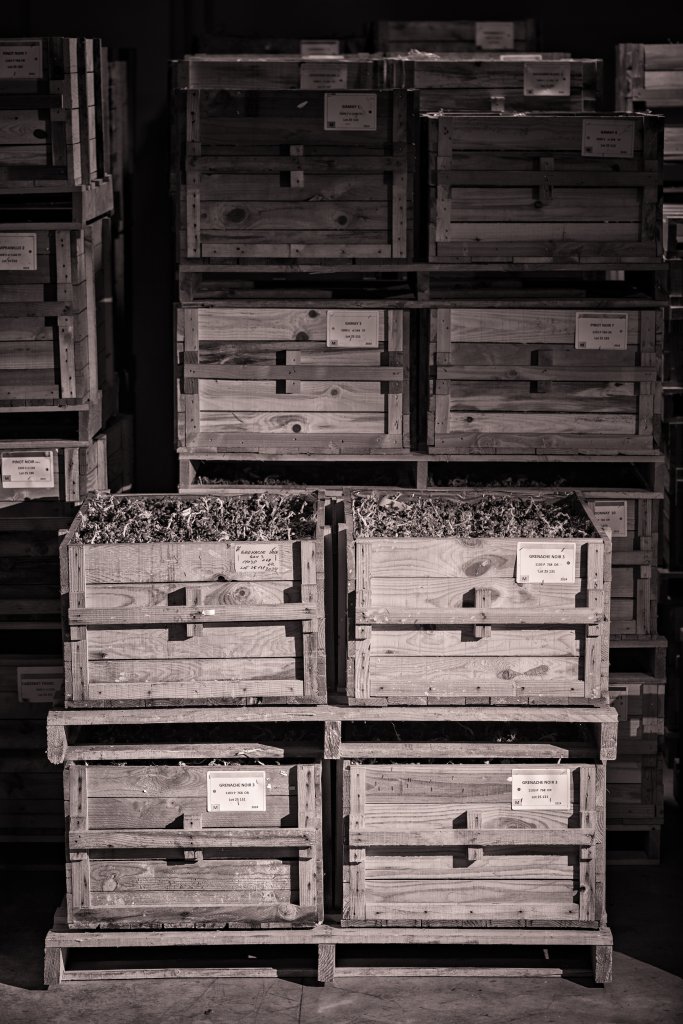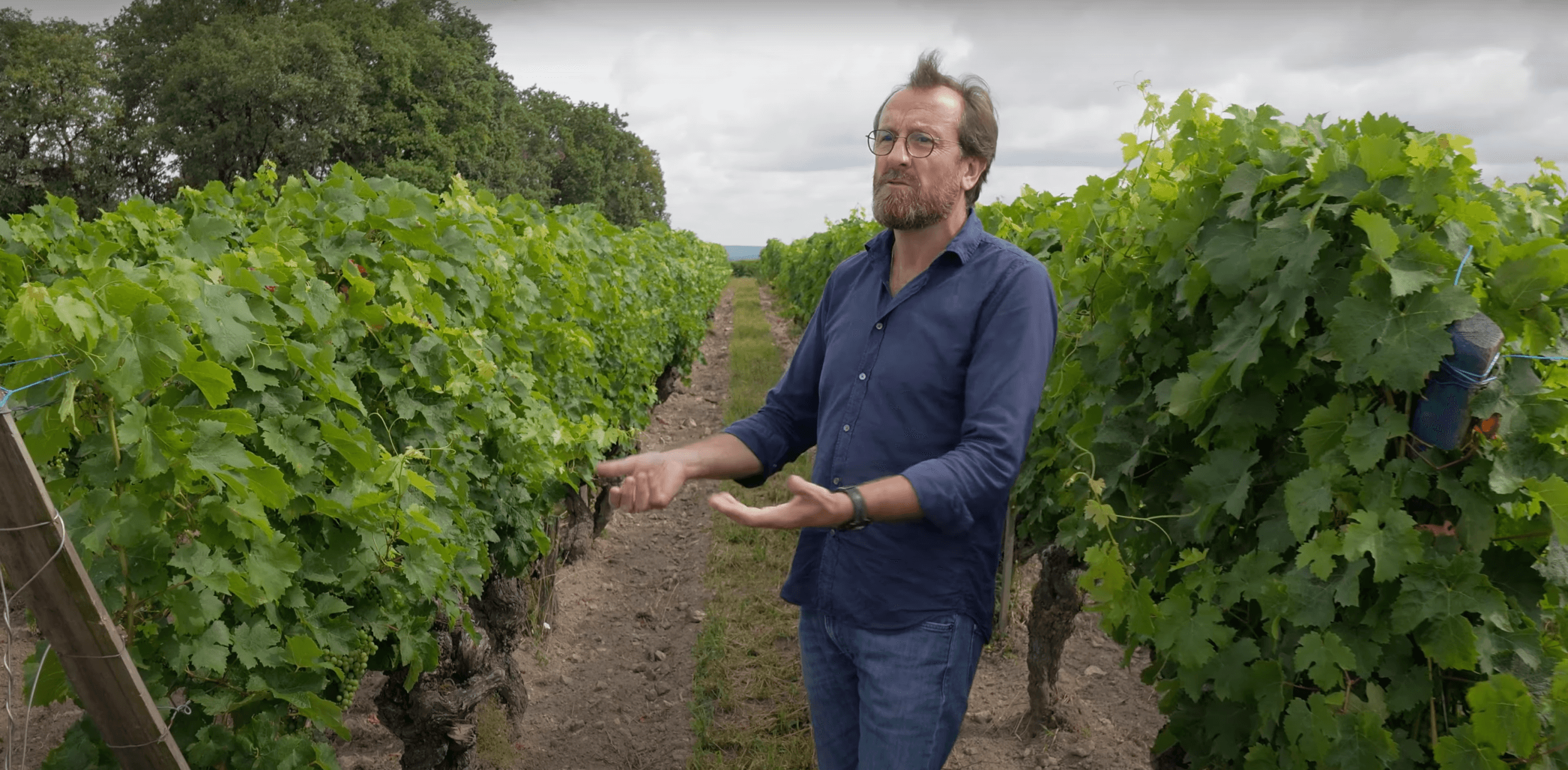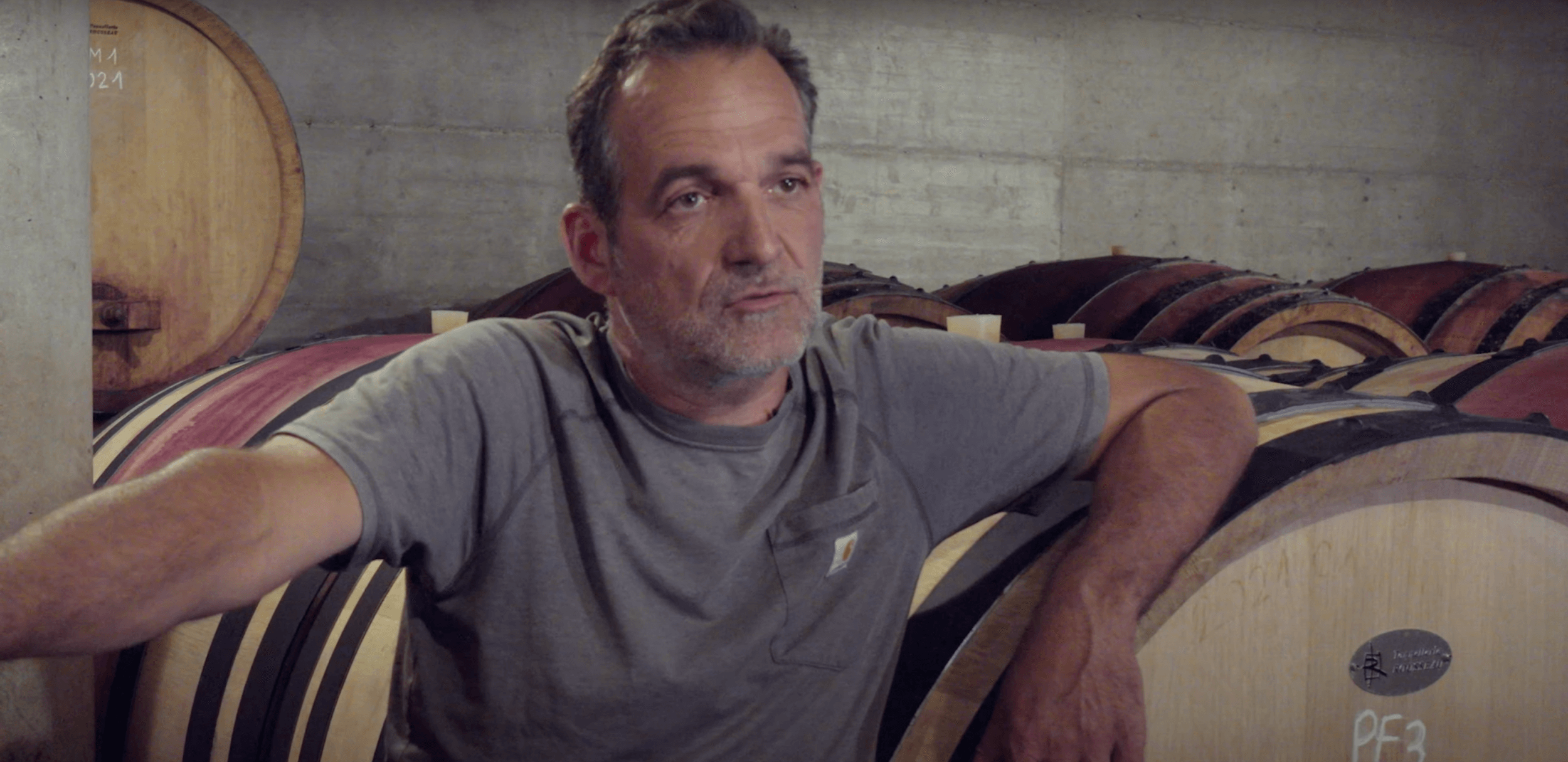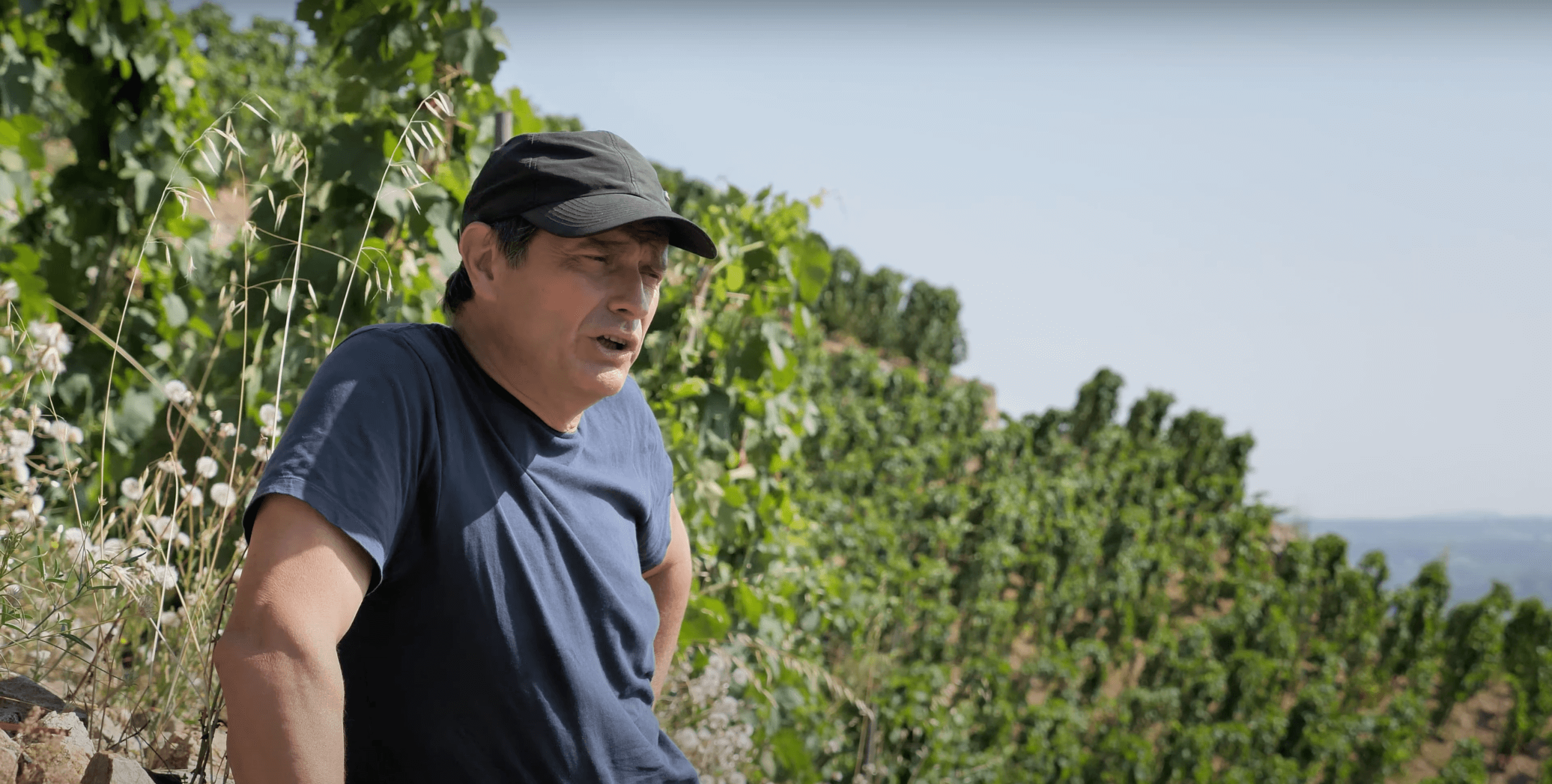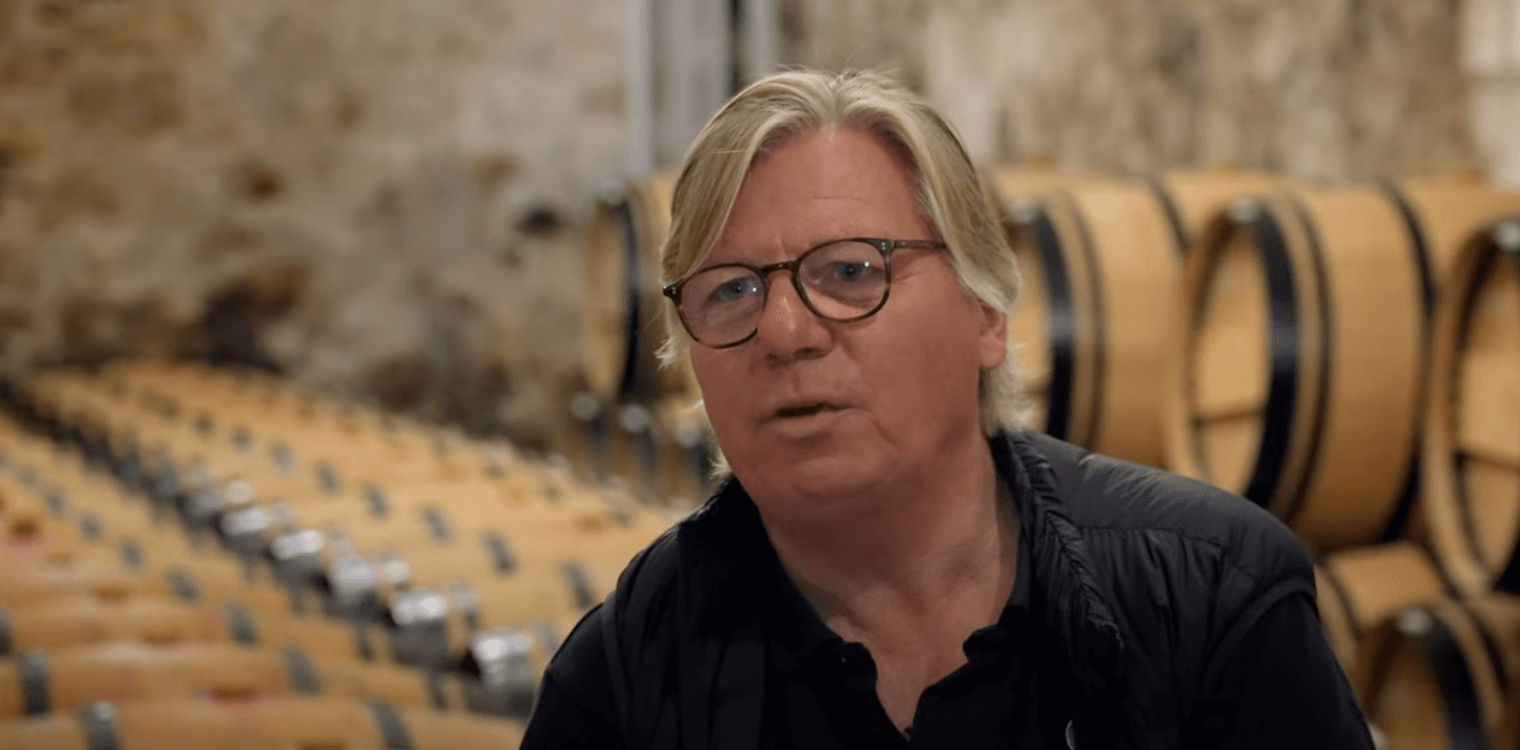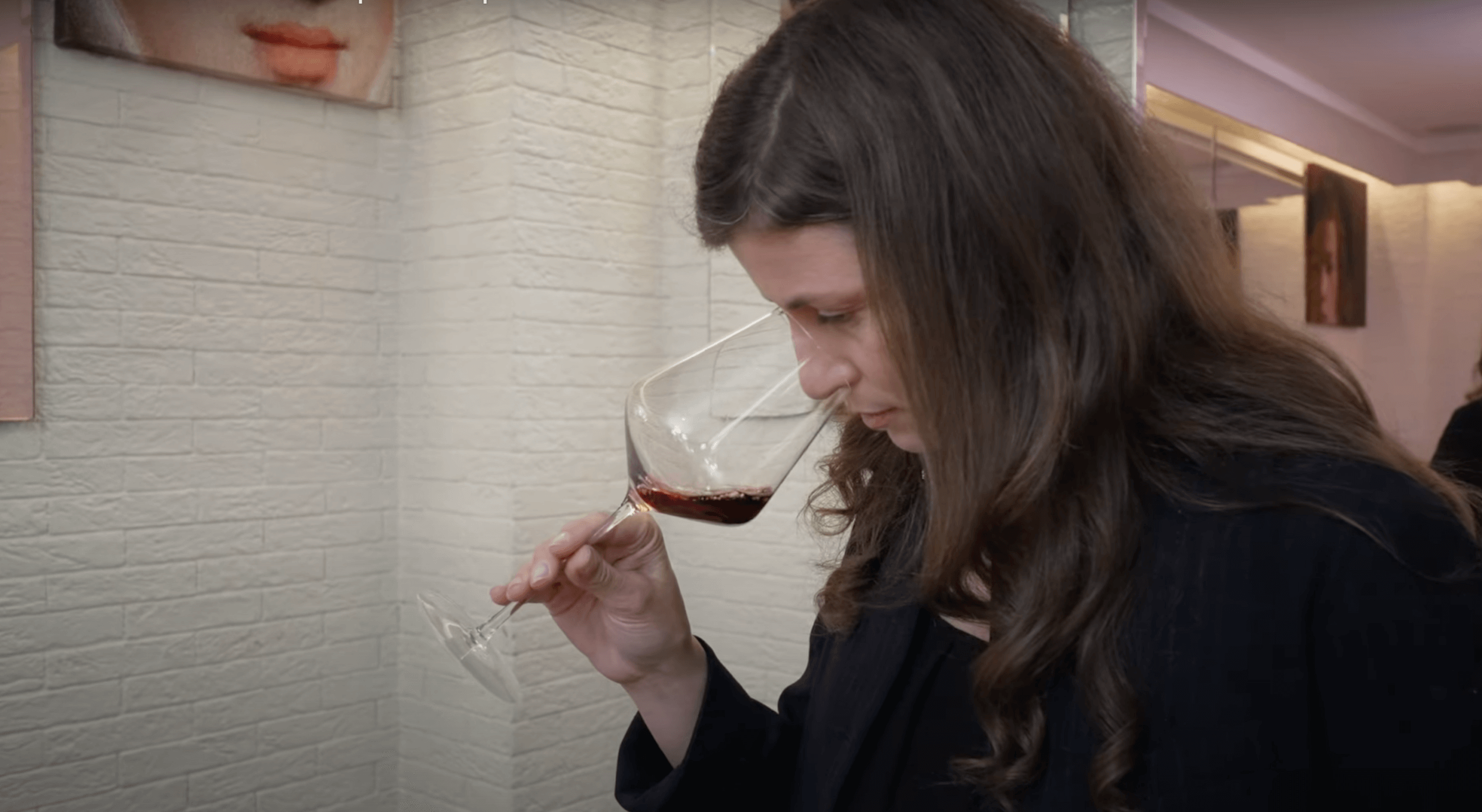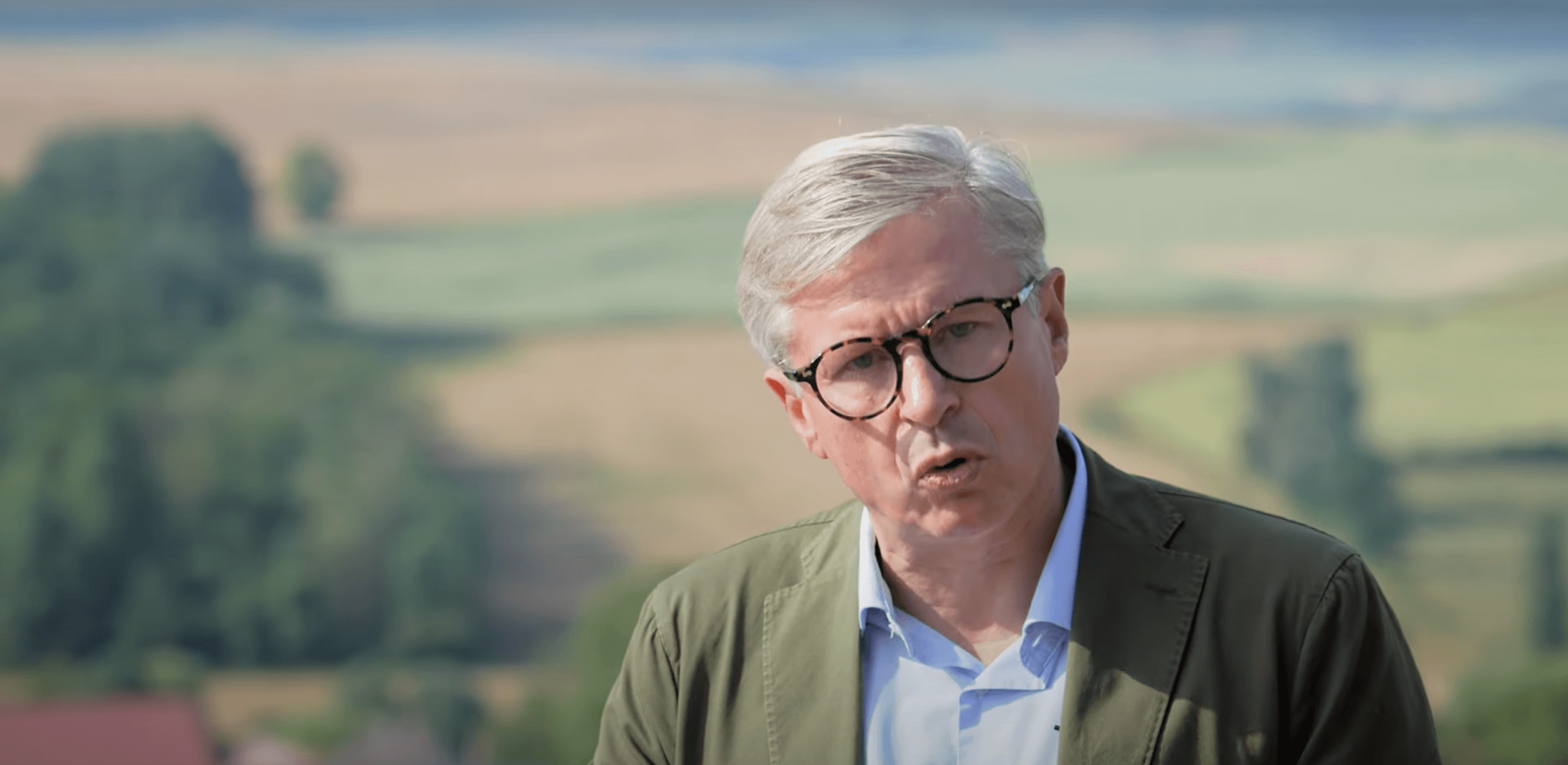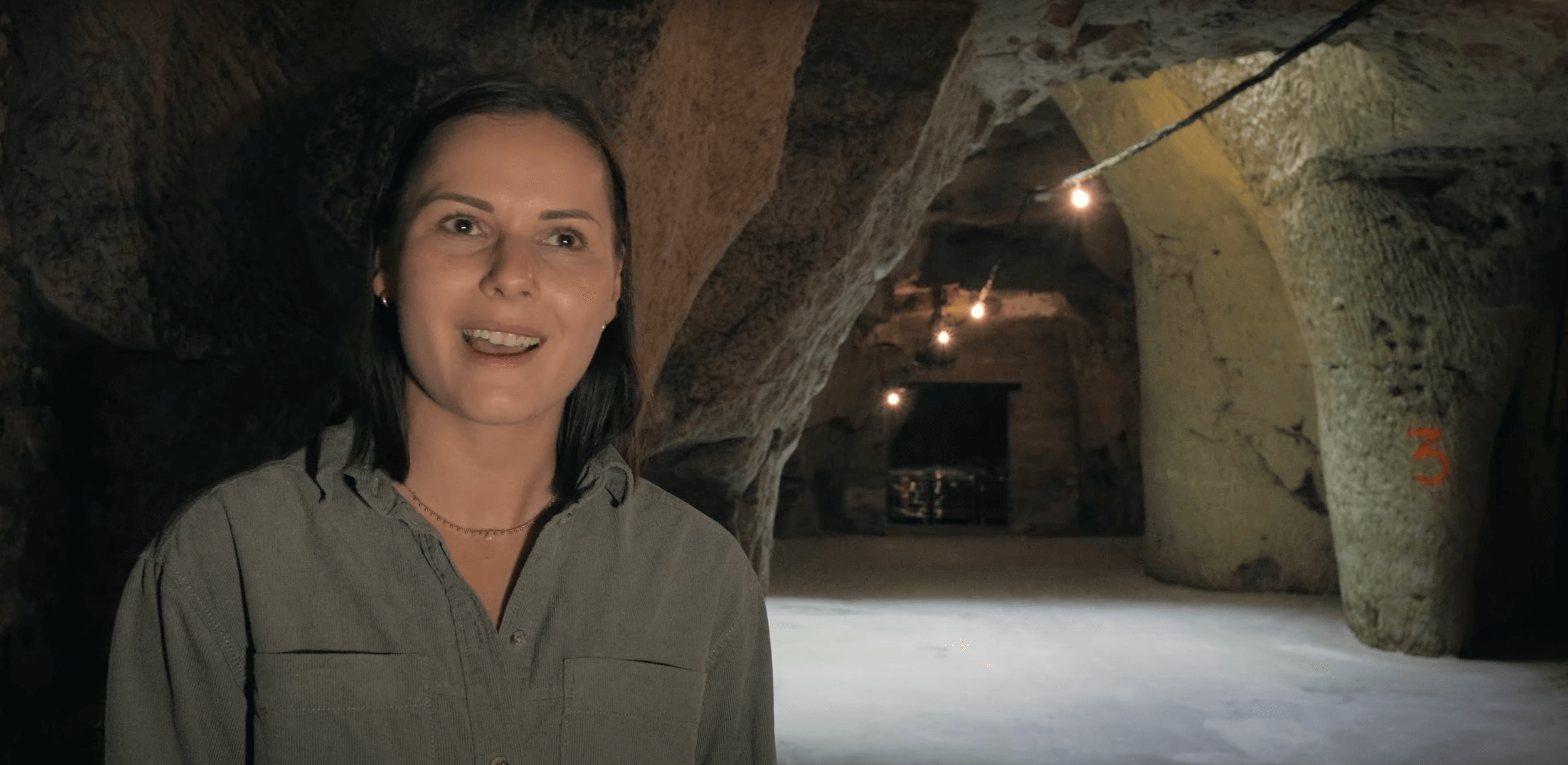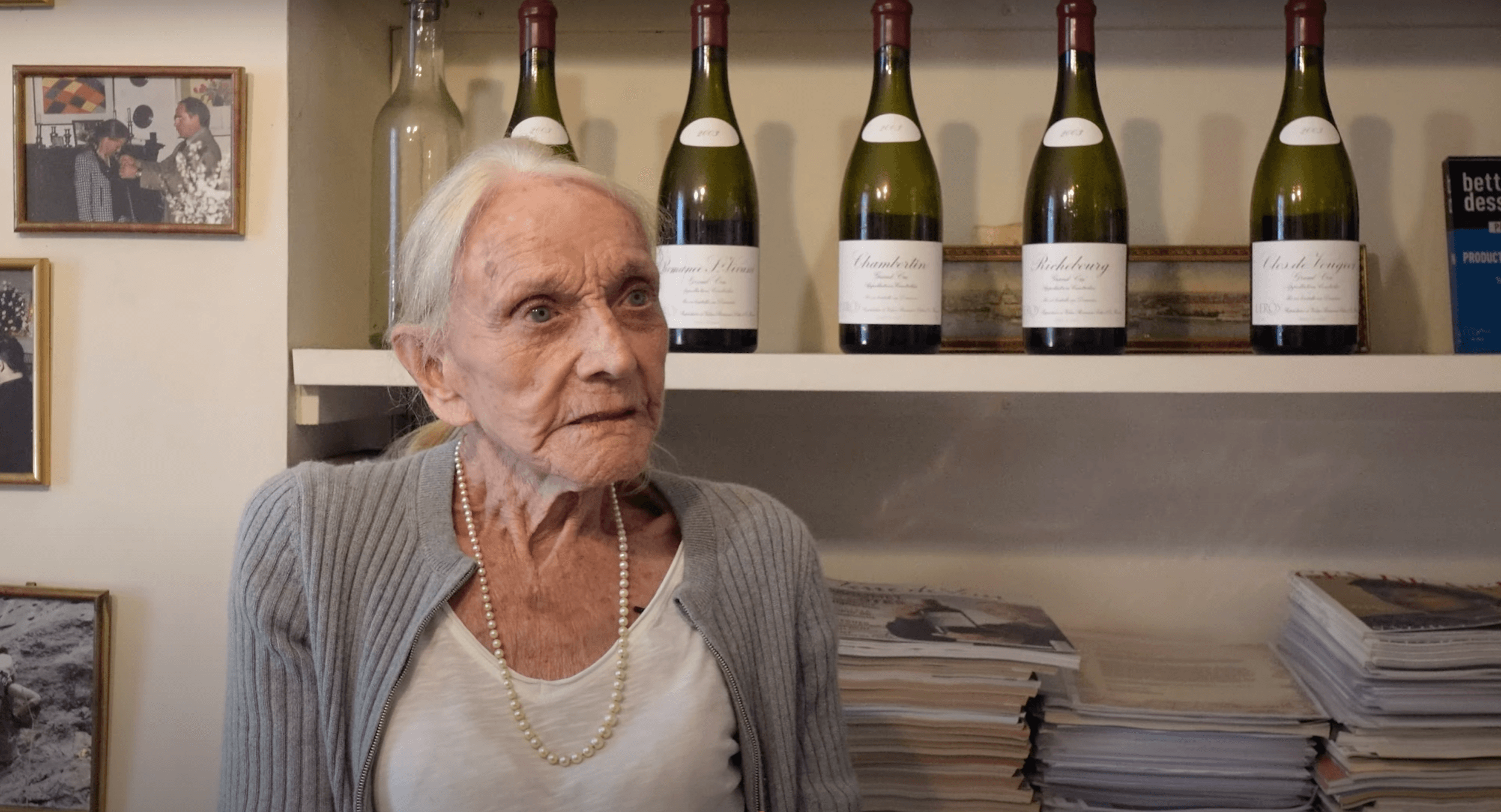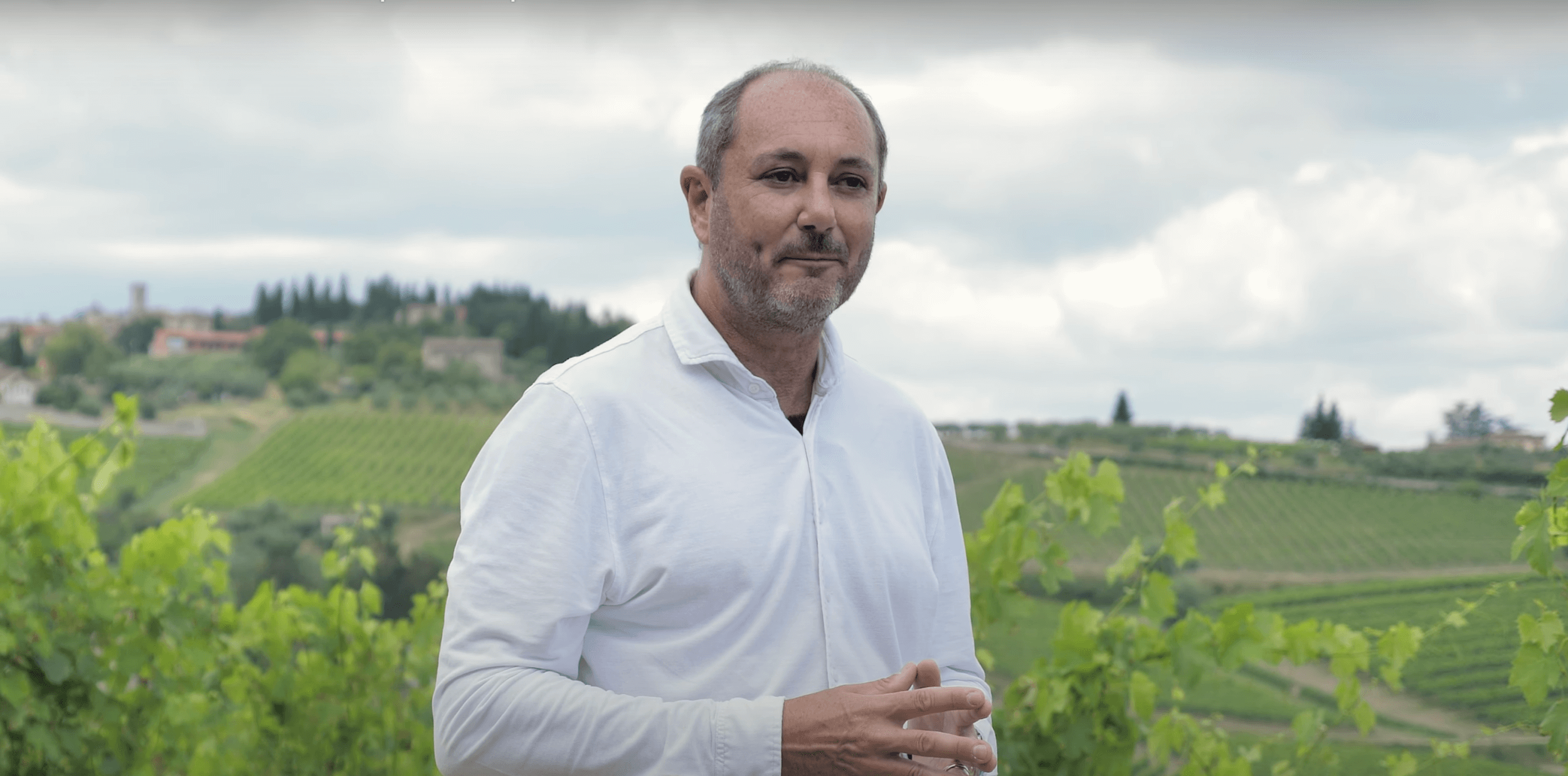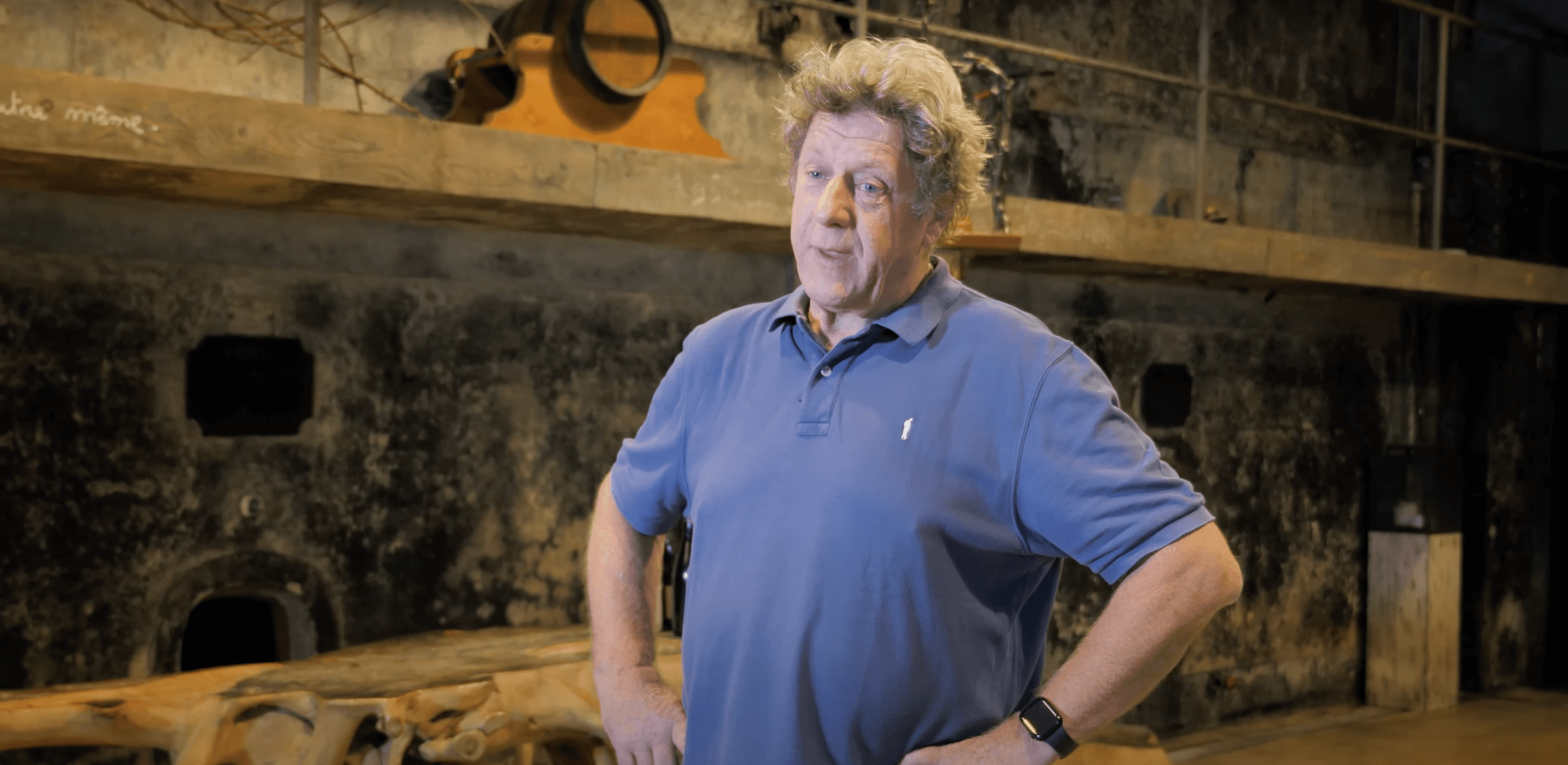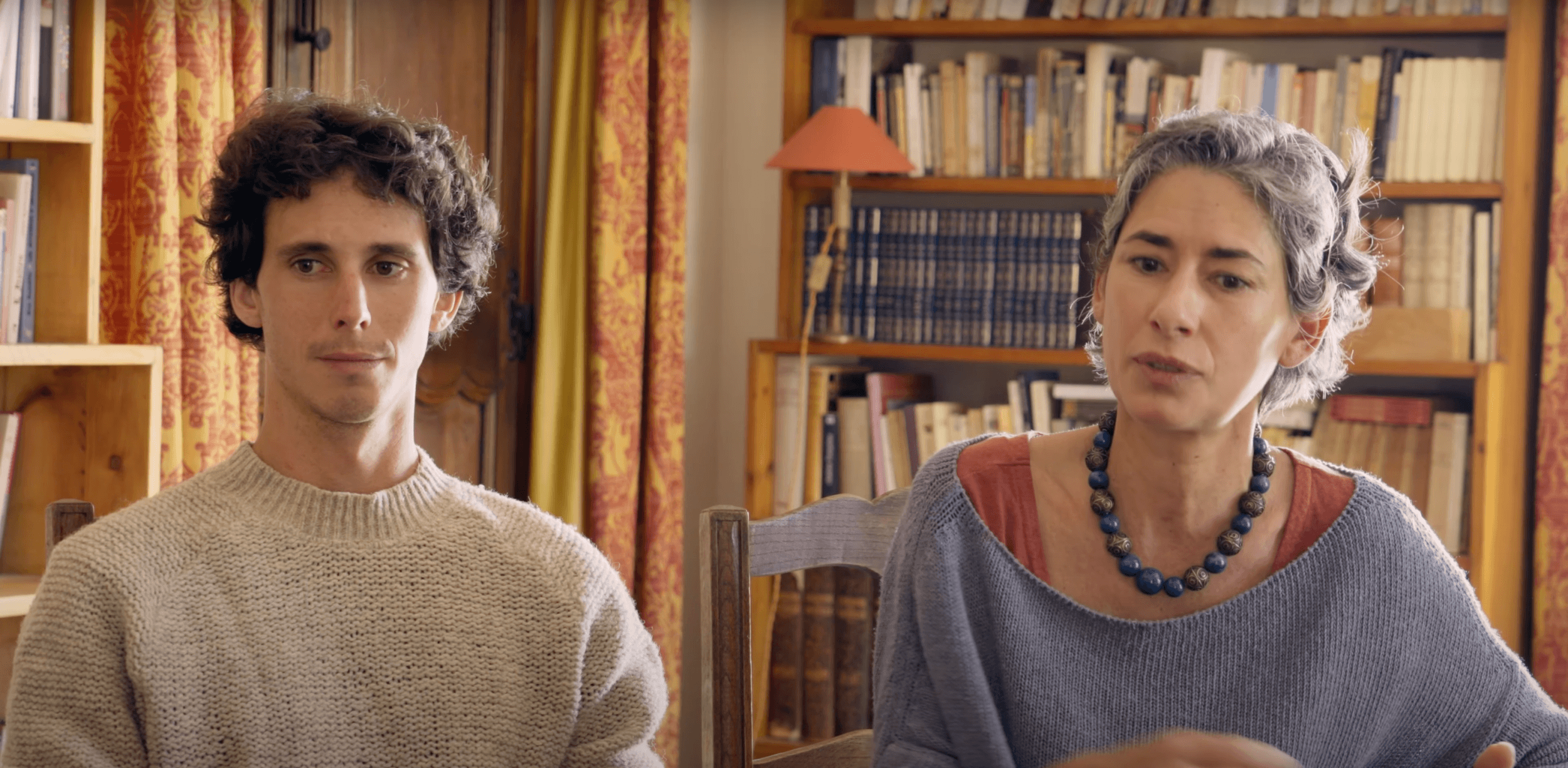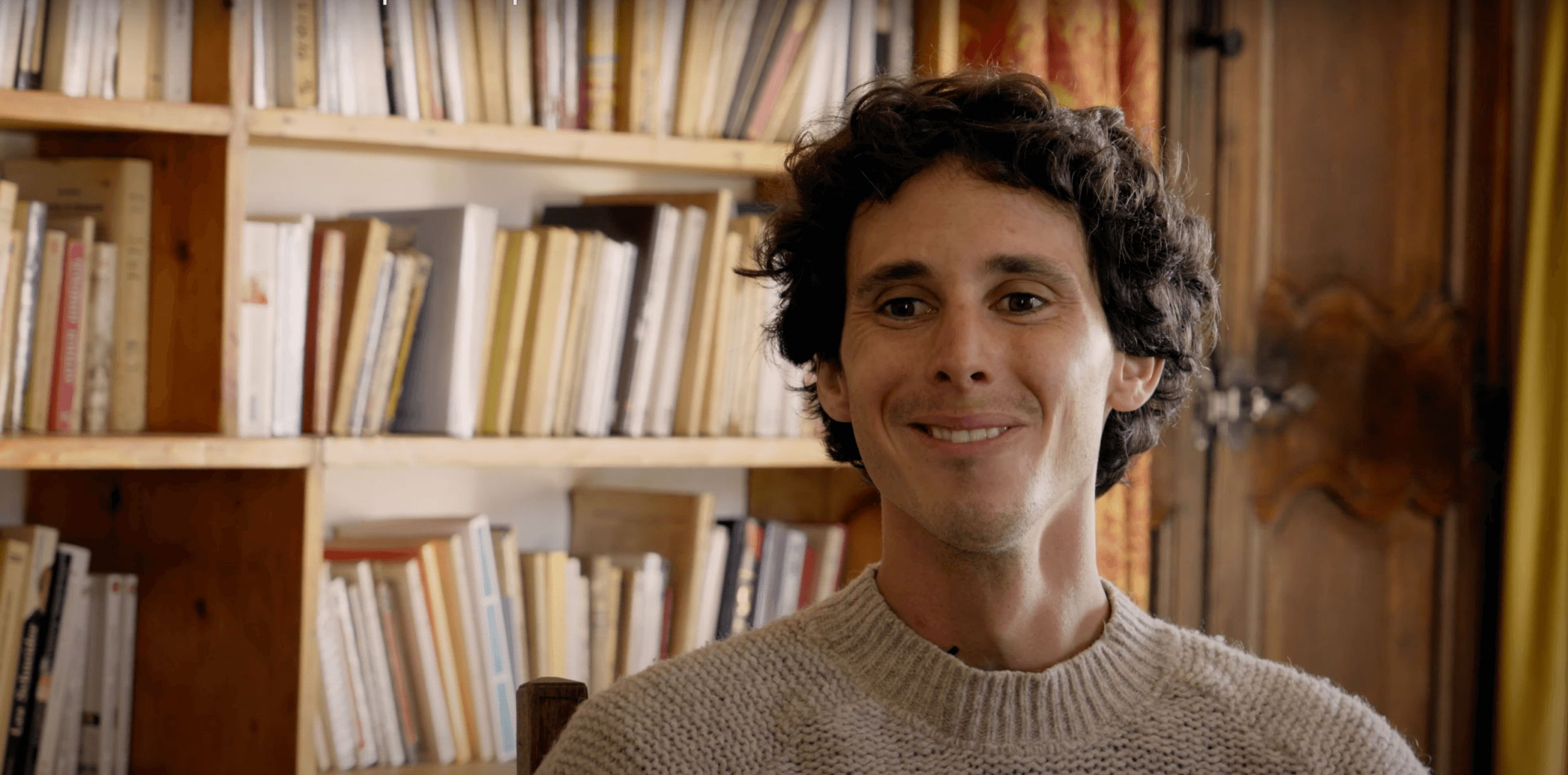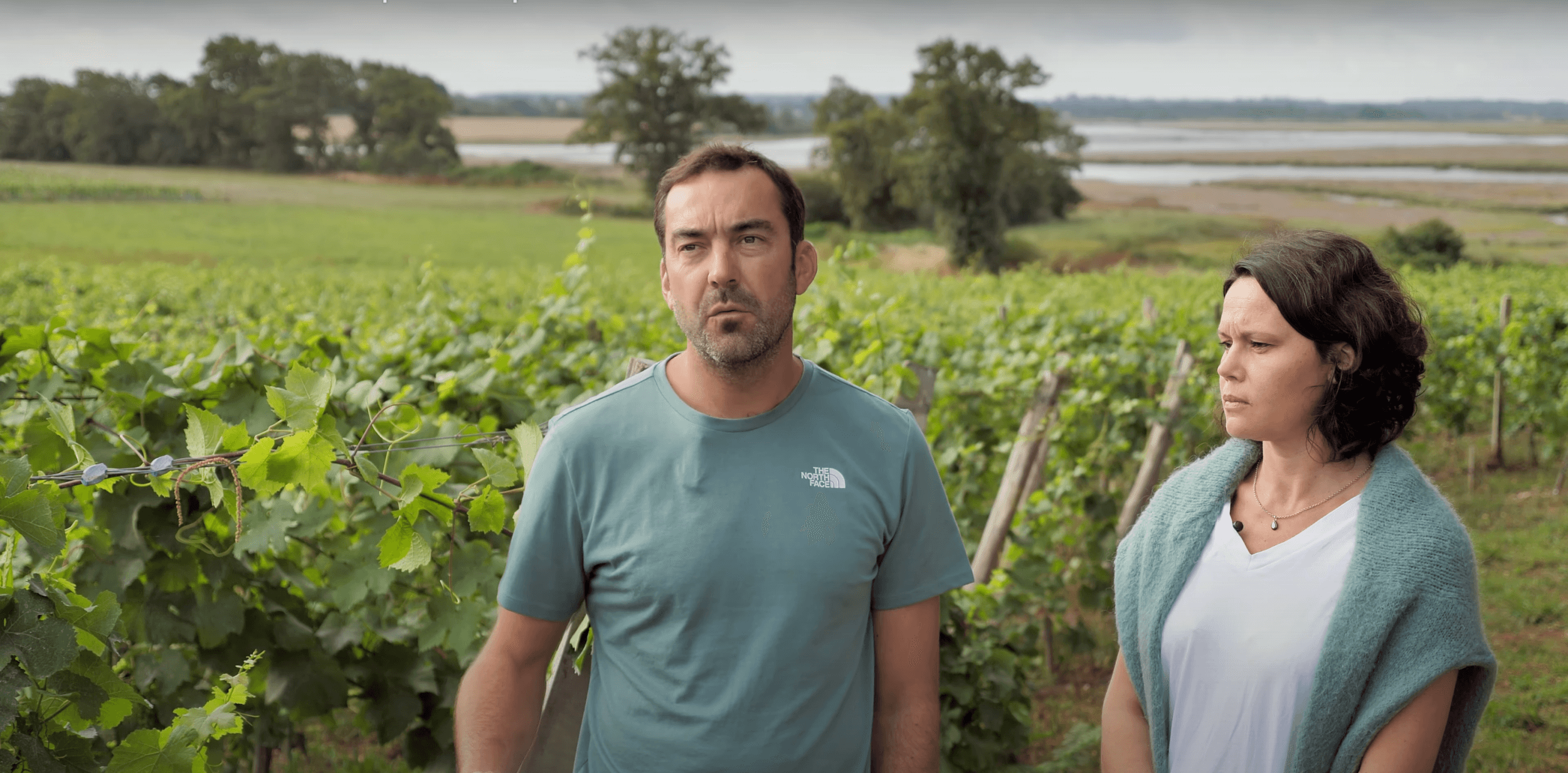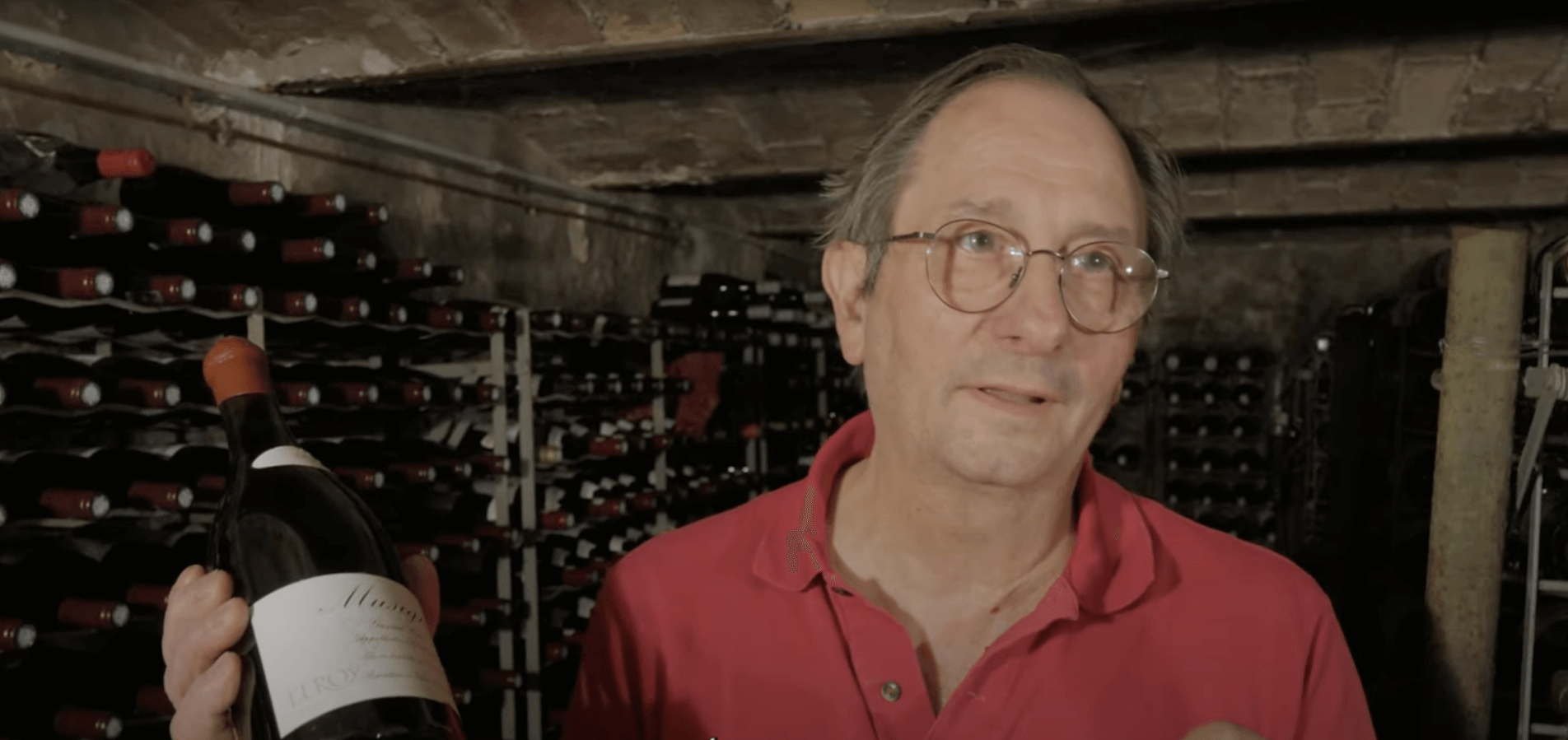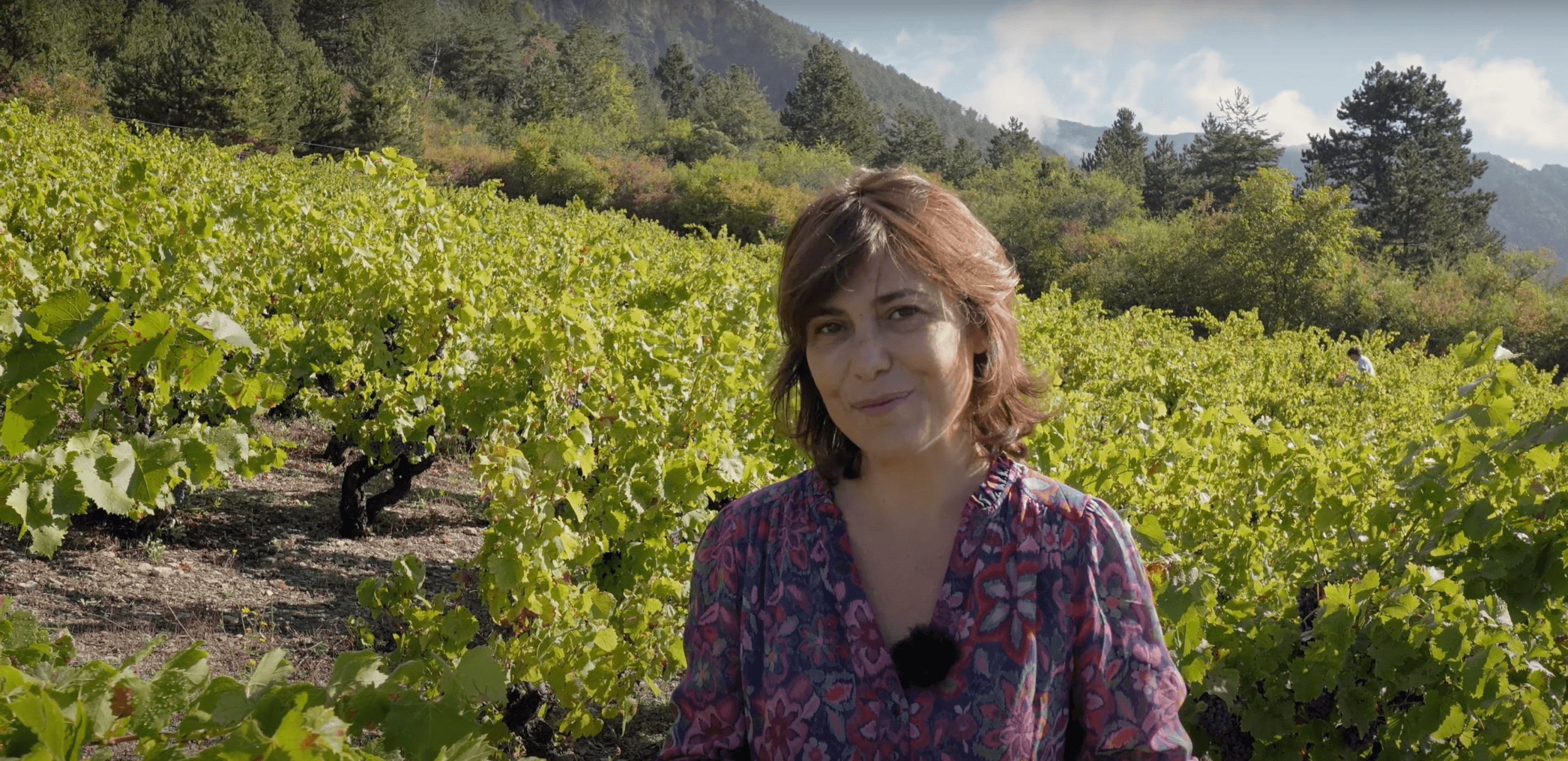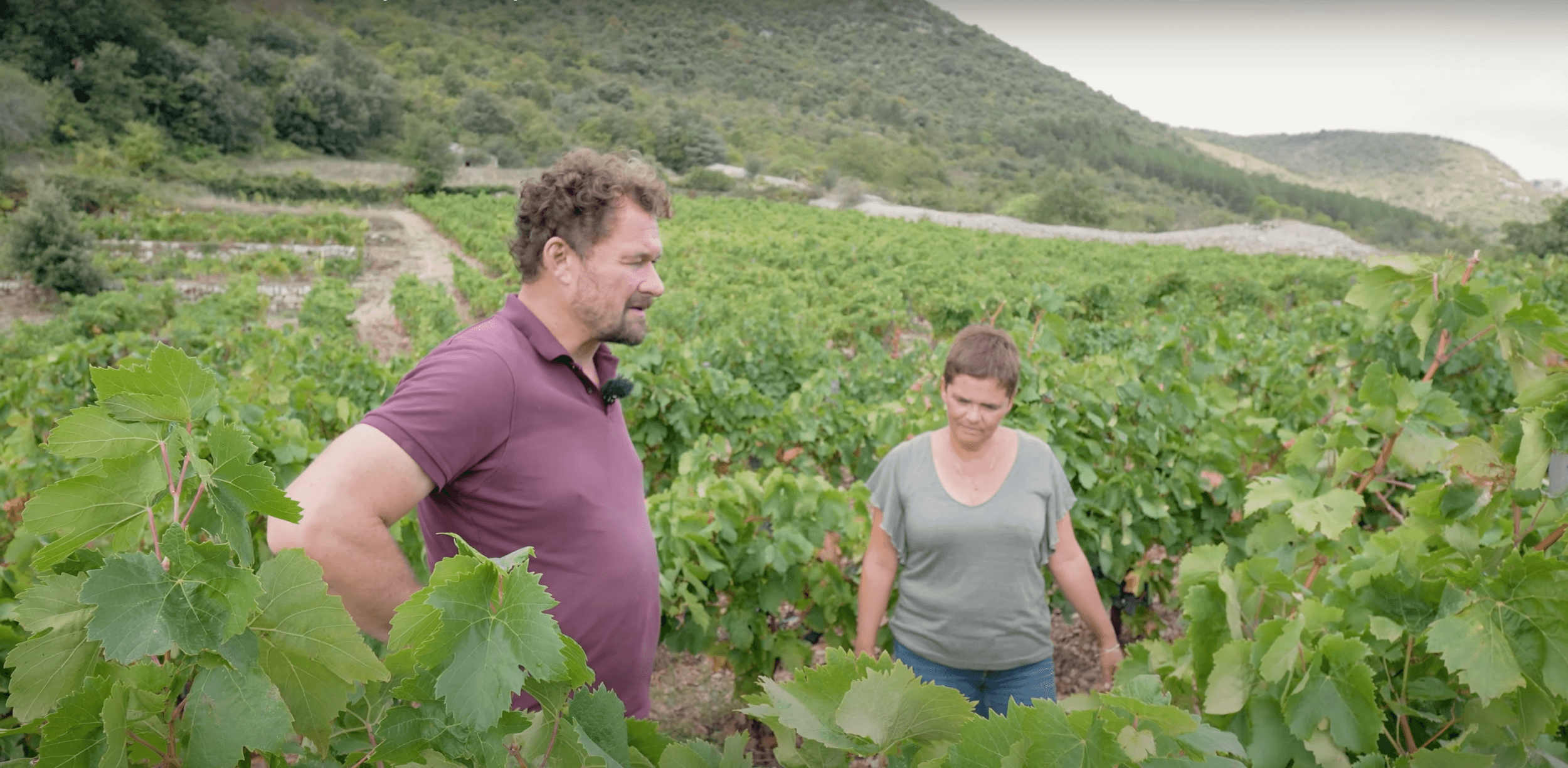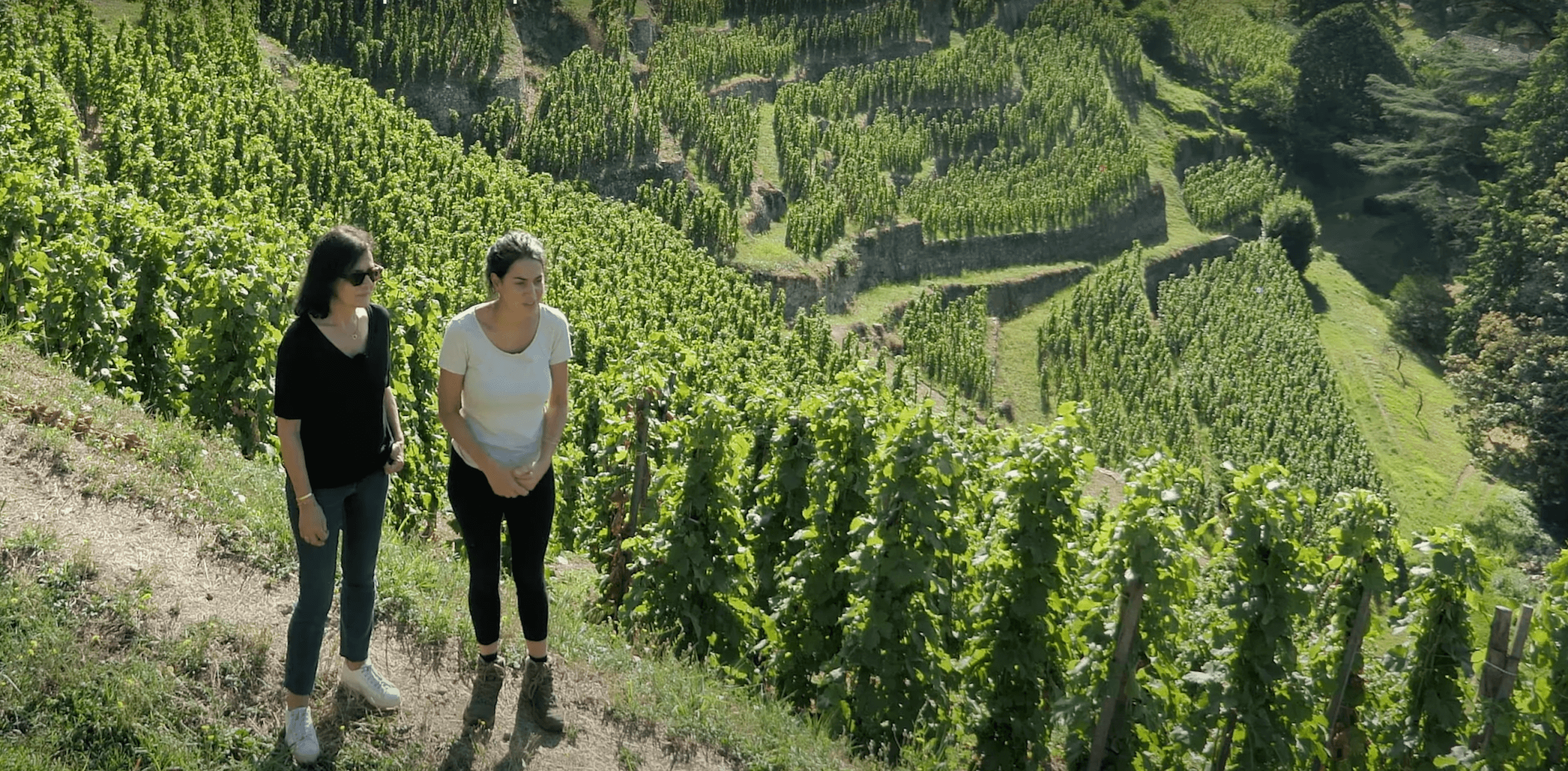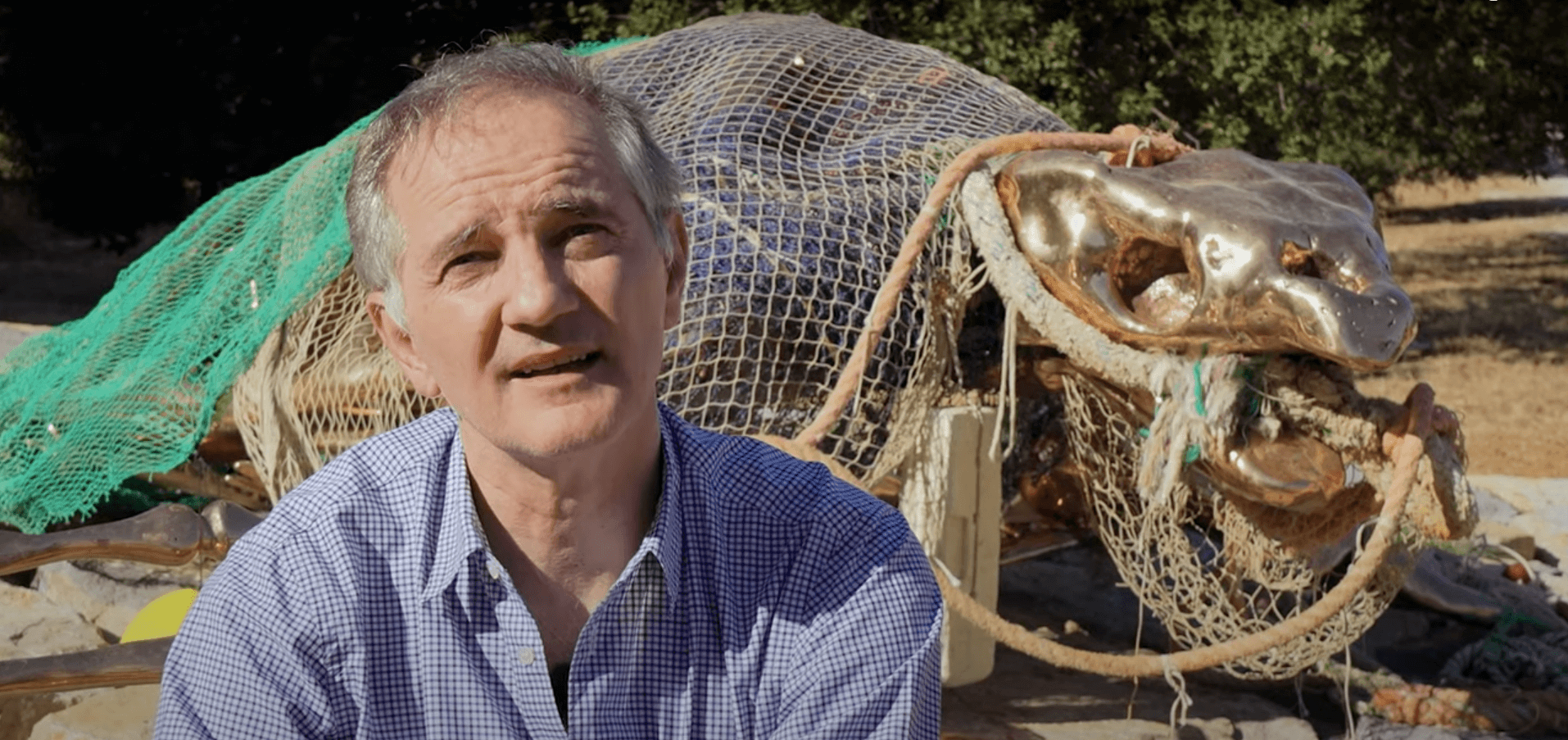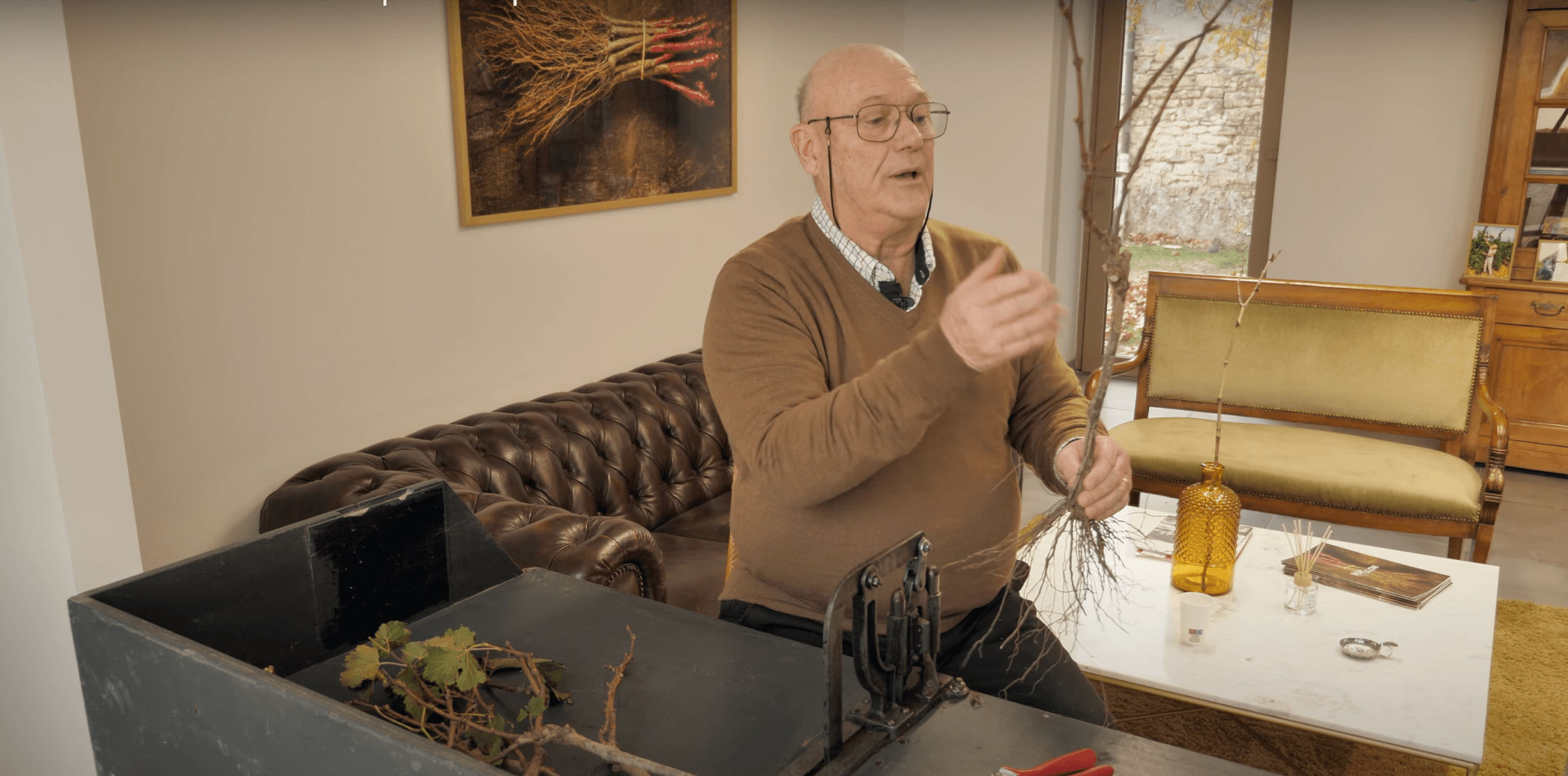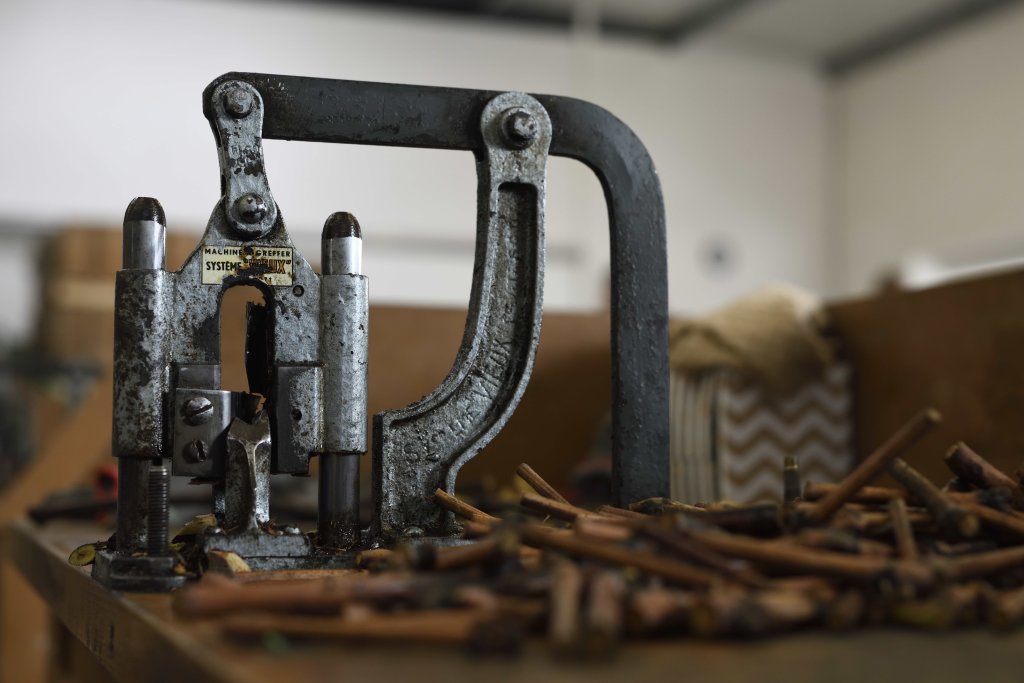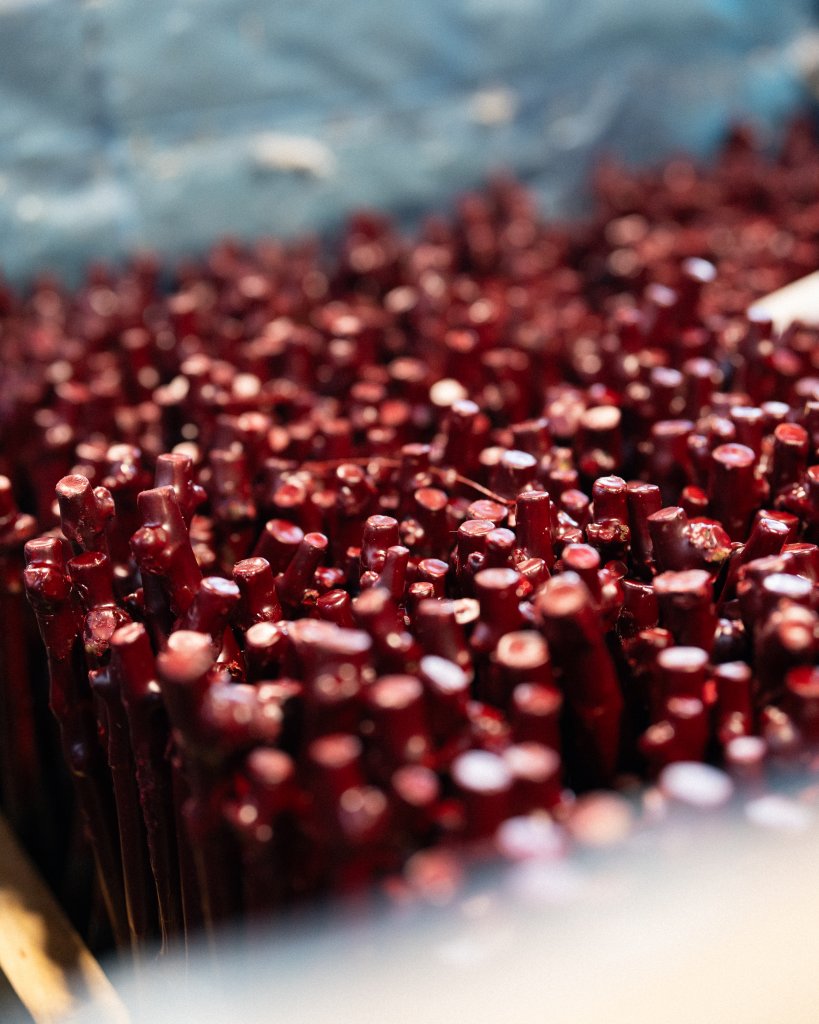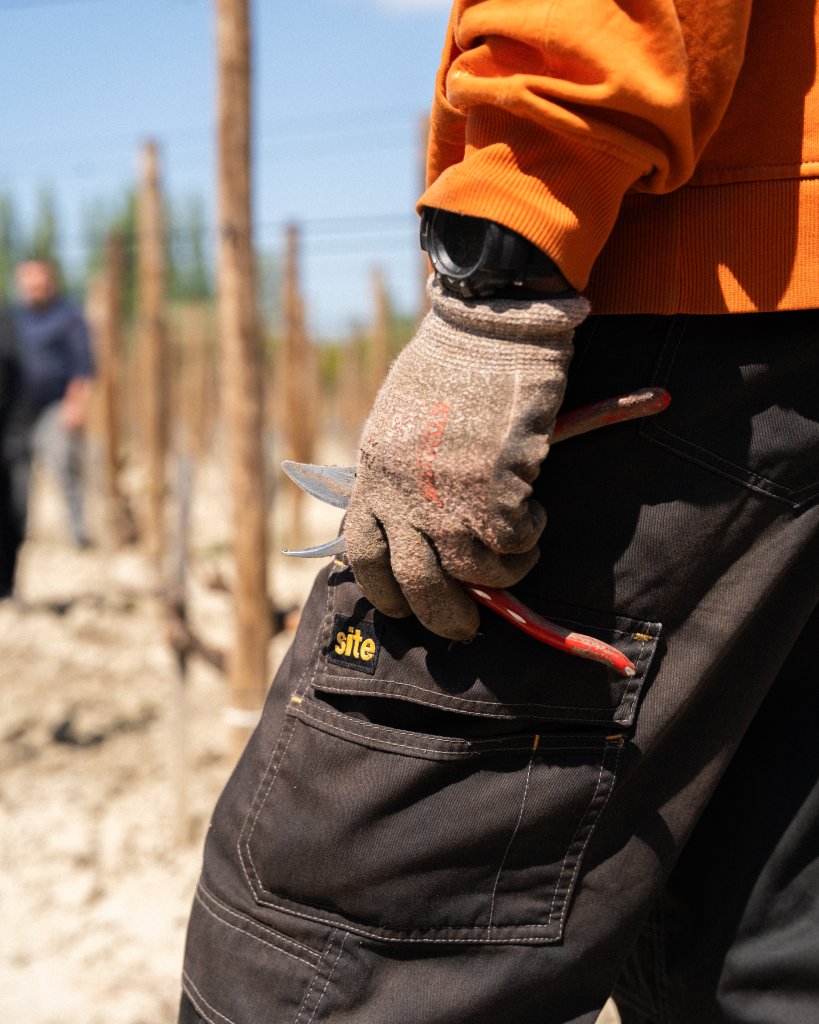Berillon
Discover THE nursery.
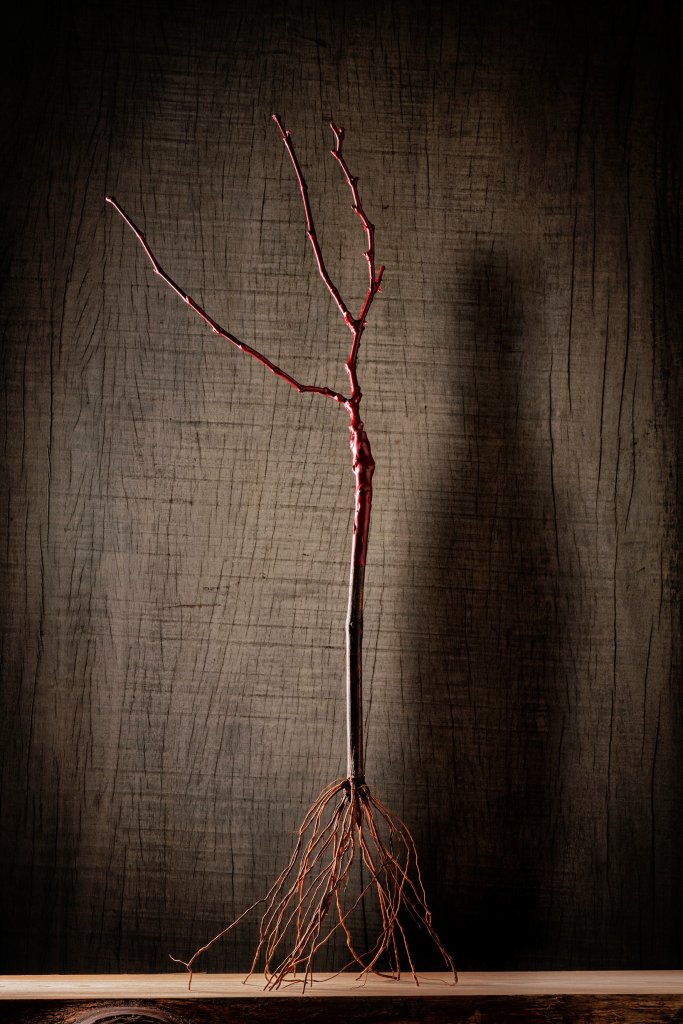
The story of our
Pioneering vision
To make wine liked through plants, with the codes of contemporary luxury
Berillon is not just a family of nurserymen; it’s a story of adaptation, perseverance and vision.
Their technical approach is characterized by total autonomy, with a return to complete control over raw materials and land. The environmental approach, which consists in creating an ecosystem, is unique for a nursery, the ambition being to make people love wine through plants.
Agricultural practices and common sense have been preserved, and the culture of quality has taken root, as has that of discretion when it comes to private nursery or made-to-measure approaches. Massal selections and whip and tongue grafting are fundamental pillars of the nursery’s commitment.
Making a commitment to go further with the winegrowers
BERILLON’s vision for 2035 reflects a bold transformation from total autonomy to total success. Beyond technical performance, the stakes include resilience over time, but also the exceptional quality and unique taste of the juices. Thanks to already impressive results and ongoing research, the nursery is determinedly moving forward to new heights, always in partnership with the winemakers and now involving the consumer.
Saving gestures
Clear answers, at a glance.
Frequently asked questions
What makes the BERILLON nursery different?
In this nursery, a single quality is reserved for a sutainable viticulture and wants to assert the taste of wine. Practices are uncompromising, with attention to detail 365 days a year. All plants come from massal selections, all are whip and tongue grafting, and, uniquely, this 170-hectare nursery is the only one on the market to be able to claim autonomy in terms of raw materials (15ha of grafts and 35ha of rootstocks) and land.
Are massal selections guaranteed to be healthy?
Work to save our winegrowing heritage (massal selection) began in 2003. The protocol adopted is extremely rigorous and has not changed since. For Lilian BERILLON, it is unthinkable to neglect the sanitary asoect. So, after three years of selection, two sanitary tests are carried out on the saved plant (Elisa then PCR). To ensure irreproachability and legitimacy, these tests are carried out by COFRAC-accredited laboratories. And even if there is no such thing as zero risk, by adopting such a protocol, BERILLON Nursery is putting all the chances on its side to deliver an exemplary plant.
What are the 4 main characteristics of BERILLON massal selections?
True genetic diversity, since we consider that massal selection makes sense when there are more than 100 individuals per main (international) variety. The nursery’s conservatory is unrivalled, with over 60 varieties spread over 15 hectares (2025 figures). A team is in charge of its upkeep and health monitoring (self-control).
The second point is the importance of sanitary; massal selections limited to visual observation are not enough.
Point number 3: quality from the very first juices. Feedback from winegrowers is clear: the wine tastes great, and the quality of the genetic diversity delivered by our nursery is largely responsible for this.
Genetic diversity, combined with uncompromising nursery practices, means greater resilience in a difficult environment for vines.Is the nursery certified organic and biodynamic?
When it comes to quality and certification, Lilian BERILLON’s vision is very different from that of the French wine nursery market. For a nursery, it’s hard to imagine achieving certification without producing all the raw materials, without owning all the land. Since 2025, our entire team has been committed to achieving certification for all our production. Remember, there are no compromises in this nursery!
Does the nursery carry out private selections?
Winegrowers have long relied on the reliability and discretion of the Berillon nursery to carry out such projects. The cost is defined according to expectations, and this approach is a long-term one, the only indication being that health is a priority.
How much does a vine plant cost?
A grafted-welded plant from our conservatory costs from €6, excluding delivery charges.
Does the nursery have plants for sale, and when should I place an order?
In order to achieve the desired assembly, it is advisable to contact the nursery before grafting, which starts at the beginning of March each year. Once this stage is completed, the stock is frozen and made available to winegrowers who wish to reserve. In this nursery, no trading is carried out, so when the stock of an assemblage is exhausted, the winegrower is notified.
Can we visit the nursery?
Lilian BERILLON and her team are always happy to show visitors around the nursery. It is of course advisable to make an appointment.
Do you have a question or a request? Please do not hesitate to
Contact us
Phone








